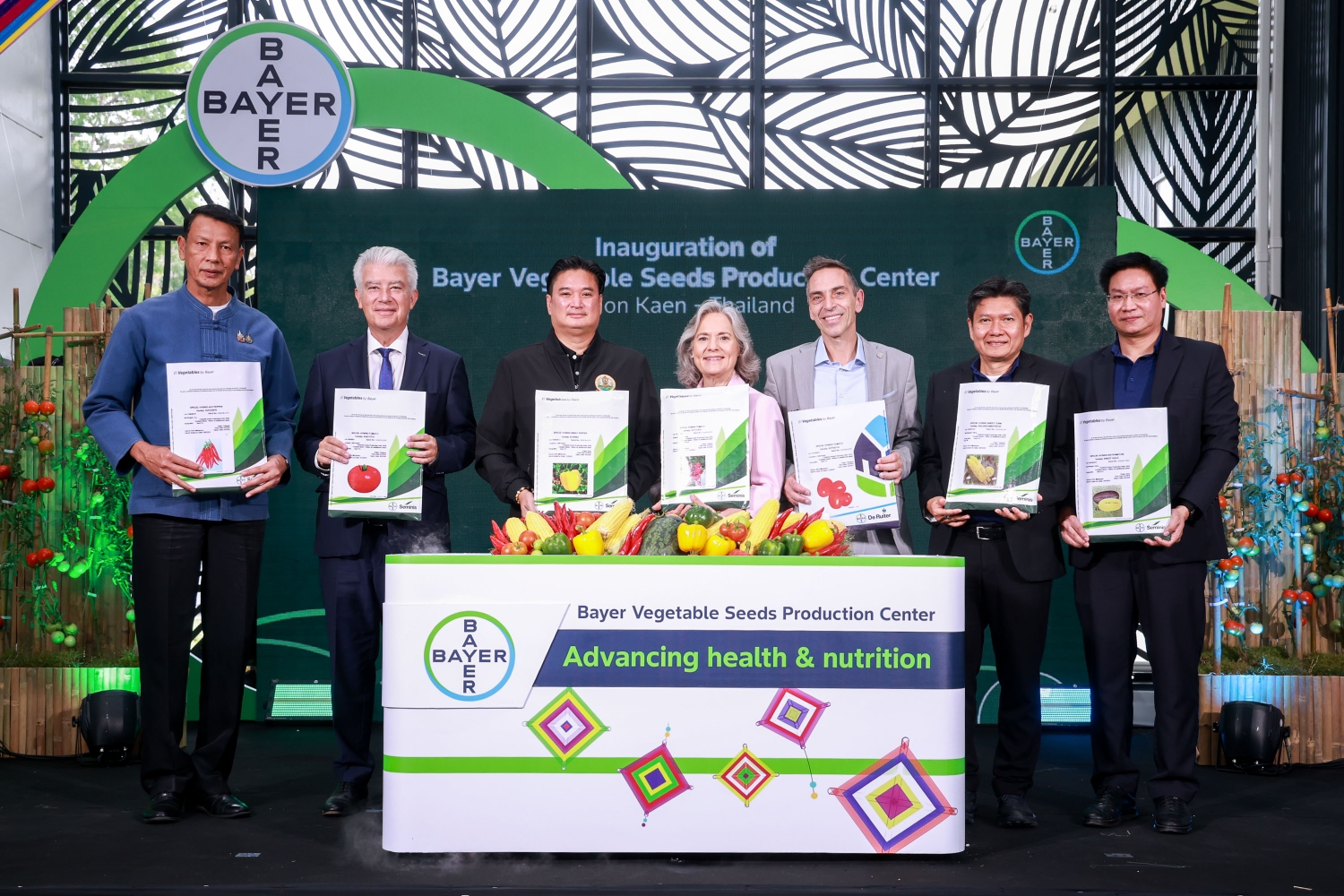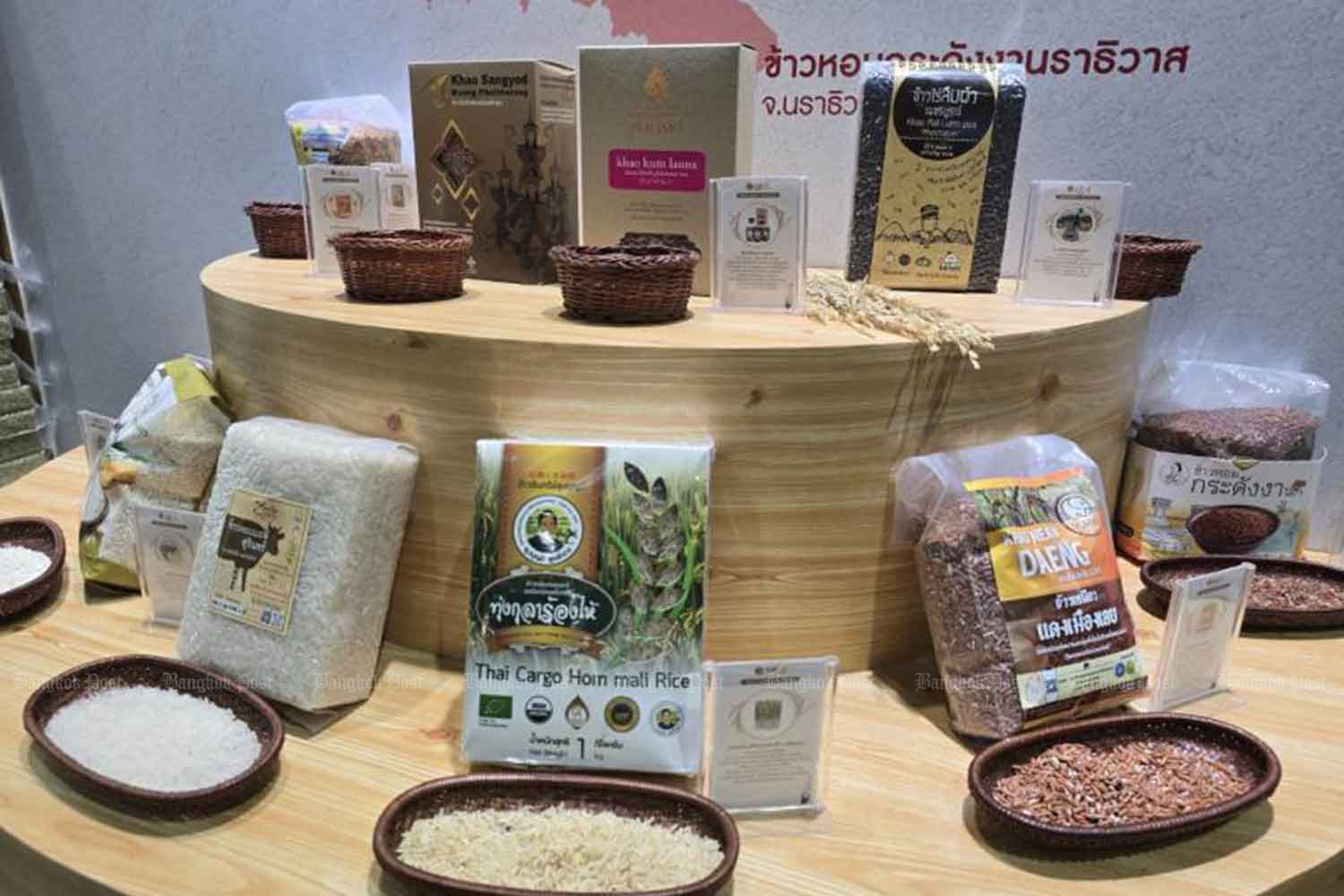Showing 1 - 10 of 10,000
Businesses along border call for aid
News, Jakkrit Waewkraihong, Published on 27/02/2026
» TRAT: Businesses along the border are calling for urgent government intervention as they struggle to survive in the face of prolonged closures of key checkpoints as a result of ongoing tensions between Thailand and Cambodia.
High‑tide alert for Bangkok, central provinces from Saturday into next week
Online Reporters, Published on 26/02/2026
» People in low‑lying areas along major rivers in Bangkok and six central provinces are advised to prepare for potential high tides from Saturday to Thursday.
JitArsa Bank Unveils Strategy for ‘National Month of Listening 2026’
Published on 26/02/2026
» BANGKOK — Moving beyond simple awareness, a new initiative seeks to embed “model listening cultures” across Thai schools, hospitals, and government offices.
Thai manufacturing index rises on election activity
Lamonphet Apisitniran, Published on 26/02/2026
» Factory activity in Thailand picked up in January, driven by heightened political activity during the election campaign and strong demand in the automotive sector, according to the Office of Industrial Economics (OIE).
“heygoody.com” wins special award for digital native business
Published on 26/02/2026
» heygoody.com, the digital insurance brokerage platform by Ngern Tid Lor PLC, a subsidiary of Tidlor Holdings (TIDLOR), has won the Special Award for Digital Native Business at the IDC Future Enterprise Awards. The competition is hosted by International Data Corporation (IDC), a leading global provider of market intelligence, advisory services and events for the information technology (IT), telecommunications and consumer technology markets, headquartered in Singapore.
The Undertaker 2: Accepting death, enjoying life
Published on 26/02/2026
» “Maybe death isn’t for study; it is something to accept.”
Bayer inaugurates Khon Kaen Vegetable Seeds Production Centre as Asia Hub, strengthening regional and global supply
Published on 26/02/2026
» - New Khon Kaen Centre commenced operations in January 2026, consolidating existing local sites and enhancing export-grade capacity for APAC and global markets.
Homes for hornbills: A masterplan for nature
Published on 26/02/2026
» For centuries, Thailand’s ecosystems have relied on natural cycles driven by once-abundant wildlife, including hornbills. These small forces of nature have grown even smaller, with only 13 hornbill species remaining in Thailand to perform their vital role as seed dispersers that enable forest regeneration.
Geely Riddara explores Thai EV pickup production
Lamonphet Apisitniran, Published on 26/02/2026
» Geely Riddara Thailand, the local arm of Chinese automaker Geely's electric pickup brand Riddara, is exploring plans to establish an electric vehicle (EV) factory in Thailand, aiming to capitalise on the country's growing EV market.
Rice exports dip amid tariffs, global glut
Business, Somhatai Mosika, Published on 26/02/2026
» Rice exports are expected to decline in the first half of 2026, following a 17.5% year-on-year drop to 530,287 tonnes in January, according to the Thai Rice Exporters Association.













